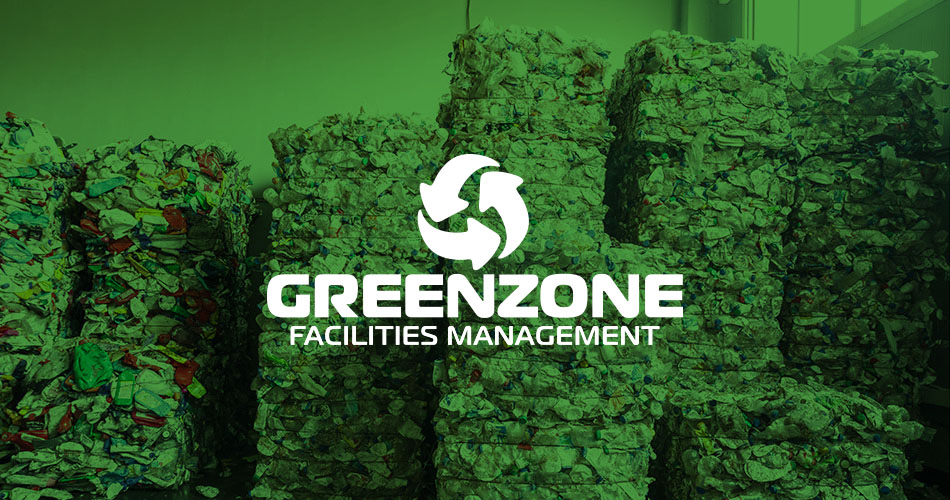We spoke to a council manager and a driver team leader about their experiences of the COVID-19 crisis, and how we can help them to continue to do an excellent job
Here are their stories:
“We’re coping well with COVID-19!” Andrew Jenkins, Waste Promotion Lead Officer at Buckinghamshire Council, talks about how the current crisis has affected his local authority.
“We had an initial flurry of absences caused by the need for self-isolation if workers or people living in their households had possible COVID -19 symptoms and were required to self-isolate, but some staff are now returning, although we still have reduced staffing.”
Buckinghamshire’s situation is complicated by the fact that from 1 April this year it is a newly created council comprising the former Aylesbury Vale, Chiltern, South Bucks and Wycombe District Councils and Buckinghamshire County Council. This means there are four different areas to collect waste from, each with its own challenges. Due to shortage of staff, all areas have currently suspended bulky and garden waste collections. For the same reason, Chiltern and Wycombe have also suspended separate food waste collections, with residents being asked to compost as much as possible at home and put their food waste in with the general rubbish for the time being.
Although lack of staff meant two of the collection areas were briefly obliged to stop recycling collections, all four are now back on track. Due to the need for social distancing and to avoid non-essential travel, all household recycling centres are now closed until further notice.
Andrew is keen to point out that the situation regarding collections can change quickly, depending on staffing levels.
“People need to check the council’s website often – that’s the best way to find out what is being collected and when. We’re also putting out updates on social media. Other, more traditional ways of communicating such as leaflet distribution and word of mouth are simply not available at the moment; by the time we could print and deliver a leaflet, circumstances could easily have changed, and social distancing limits messages being passed from person to person.”
How is morale holding up among recycling and waste collectors?
“They appreciate that they are doing an important job, and there is a lot of enthusiasm. Sometimes we have to insist that people go home and rest, because they want to keep working!”
Changes have had to be made to how the recycling and waste teams work, to lessen the chances of infection being passed from person to person. As it’s still necessary for them to share lorry cabs with co-workers, they are now rostered with the same workers each time they go out, and the cab is deep cleaned between shifts. When it comes to breaks, only groups of two or three are allowed in the mess room (canteen) at any one time.
So how can we help recycling and waste collectors to do their jobs effectively during the COVID -19 crisis?
“The best thing we can all do is maintain normality as much as possible. Don’t overload residential bins. The temptation of being stuck in the house is to have an inside and outside clear-out or start a DIY project. All these things create more waste than usual, so we need to think about what is going to happen to that waste – we can’t expect the council crews to take it away. We need to be able to store it until normal services resume. Home composting is a really good way to absorb particular types of food and some garden waste. Also, if you mow the lawn every few days instead of once a week, it’s possible to leave the clippings on the lawn – which again reduces garden waste. We need to think creatively of more ways to reduce waste.”
Orginal Source

